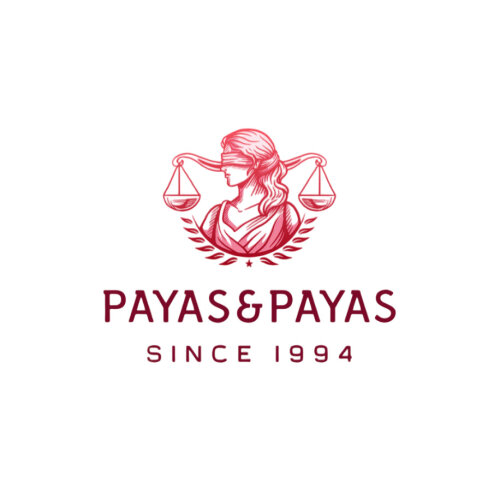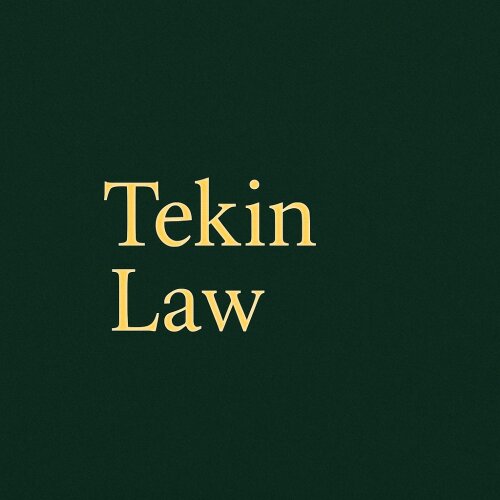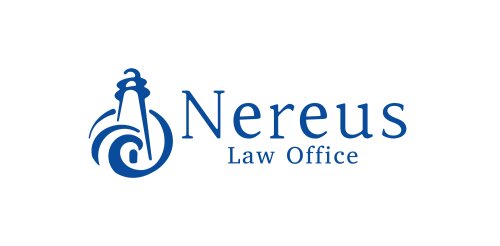Best New Business Formation Lawyers in Turkey
Share your needs with us, get contacted by law firms.
Free. Takes 2 min.
Or refine your search by selecting a city:
List of the best lawyers in Turkey
Legal guides written by Tekin Law Firm:
- Arbitration in Turkey
Turkey New Business Formation Legal Articles
Browse our 1 legal article about New Business Formation in Turkey written by expert lawyers.
- Registering a Company in Turkey: A Guide for Foreign Investors
- Turkey's strategic location bridging Europe and Asia, combined with its large domestic market and ongoing economic reforms, has made it an increasingly attractive destination for foreign investors. The Turkish government has taken significant steps to streamline the company registration process, making it more accessible for international entrepreneurs looking to establish... Read more →
About New Business Formation Law in Turkey
New business formation in Turkey is governed by a comprehensive set of laws and regulations designed to streamline the process and encourage entrepreneurial activities. Turkey ranks fairly high on the ease of doing business index, offering clear procedures, tax incentives, and financing options. Key among these regulations is the Turkish Commercial Code, which outlines the types of businesses that can be formed, including limited liability companies (LLC), joint-stock companies (JSC), commandite companies, and consortiums. Foreign investors receive equal treatment under Turkish law, with some additional requirements for non-resident entities.
Why You May Need a Lawyer
Engaging a lawyer during the new business formation process in Turkey can significantly benefit you in various situations. Common areas that may require legal assistance include:
- Choosing the right type of business structure to align with your goals and resources.
- Ensuring compliance with local and international regulations.
- Drafting and reviewing key documents, such as articles of association and shareholder agreements.
- Registering the business with appropriate authorities and obtaining necessary licenses and permits.
- Advising on tax implications and obligations.
- Navigating employment law when hiring staff.
- Guidance on intellectual property protection.
- Dispute resolution, if needed.
Local Laws Overview
The following are key aspects of the local laws relating to new business formation in Turkey:
- Legal Forms: The Turkish Commercial Code allows several types of business entities, with the LLC being the most popular among entrepreneurs for its flexibility and ease of setup.
- Registration Process: Companies must register with the Turkish Trade Registry Gazette and inform the Tax Office and Social Security Institution.
- Taxation: Companies are subject to corporate tax in Turkey. As of recent regulations, the standard corporate tax rate is around 22%.
- Investment Laws: Foreign investors can acquire up to 100% of a Turkish company, with certain restrictions in strategic sectors.
- Employment Regulations: Labor laws in Turkey are comprehensive, covering aspects such as work agreements, salaries, and employee rights.
- Intellectual Property: Protection of patents and trademarks is administered under the Turkish Patent and Trademark Office.
Frequently Asked Questions
What are the main types of business entities in Turkey?
The main types of business entities in Turkey include Limited Liability Company (LLC), Joint Stock Company (JSC), Cooperative Company, and Branch Office.
How long does it take to establish a business in Turkey?
On average, it takes between five to ten business days to complete the registration process, provided all documents are in order.
Can a foreigner own a business in Turkey?
Yes, foreigners can own businesses in Turkey, with the ability to own up to 100% of a company, except in a few regulated sectors.
What is the minimum capital requirement to start a business?
The minimum capital requirement is 10,000 Turkish Lira for an LLC and 50,000 Turkish Lira for a JSC.
Are there any specific legal documents required?
Yes, essential documents include articles of association, copy of identification for founders, proof of address, and bank receipt for capital deposit, among others.
Is having a local partner mandatory in Turkey?
No, a local partner is not mandatory unless stipulated for certain sectors by regulatory requirements.
What types of taxes do businesses in Turkey face?
Businesses are subject to corporate income tax, value-added tax (VAT), and social security contributions for employees.
How are intellectual property rights protected in Turkey?
Intellectual property rights are protected under Turkish law, and businesses can register patents and trademarks through the Turkish Patent and Trademark Office.
What is the regulatory body for business registration?
The primary regulatory body for business registration is the Turkish Trade Registry.
What are the ongoing compliance requirements for businesses?
Ongoing compliance includes financial reporting, tax filings, audits, and adherence to labor and environmental regulations.
Additional Resources
For further assistance and consultation, the following resources and organizations can be beneficial:
- The Union of Chambers and Commodity Exchanges of Turkey (TOBB): Provides a wide range of services for business operators in Turkey.
- Investment Office of the Presidency of the Republic of Turkey: A body offering guidance to foreign investors entering the Turkish market.
- Small and Medium Enterprises Development Organization (KOSGEB): Provides support and incentives for SMEs.
- İş Bankası and Türk Eximbank: Offer financial services and assistance.
- Independent legal firms and consultancy services specializing in Turkish business law.
Next Steps
If you need legal assistance in new business formation in Turkey, consider taking the following steps:
- Define your business goals and preferred legal structure.
- Collect all necessary documentation for business registration.
- Contact a law firm specialized in Turkish commercial law. Consider firms with experience in international business to assist with cross-border considerations.
- Consult with financial advisors to understand the tax implications and potential incentives available.
- Register your business with the Turkish Trade Registry and inform requisite government offices.
- Ensure ongoing compliance with local laws through periodic legal reviews and audits.
By carefully following these steps and utilizing the resources available, you can navigate the process of forming a new business in Turkey effectively.
Lawzana helps you find the best lawyers and law firms in Turkey through a curated and pre-screened list of qualified legal professionals. Our platform offers rankings and detailed profiles of attorneys and law firms, allowing you to compare based on practice areas, including New Business Formation, experience, and client feedback.
Each profile includes a description of the firm's areas of practice, client reviews, team members and partners, year of establishment, spoken languages, office locations, contact information, social media presence, and any published articles or resources. Most firms on our platform speak English and are experienced in both local and international legal matters.
Get a quote from top-rated law firms in Turkey — quickly, securely, and without unnecessary hassle.
Disclaimer:
The information provided on this page is for general informational purposes only and does not constitute legal advice. While we strive to ensure the accuracy and relevance of the content, legal information may change over time, and interpretations of the law can vary. You should always consult with a qualified legal professional for advice specific to your situation.
We disclaim all liability for actions taken or not taken based on the content of this page. If you believe any information is incorrect or outdated, please contact us, and we will review and update it where appropriate.
Browse new business formation law firms by city in Turkey
Refine your search by selecting a city.
















